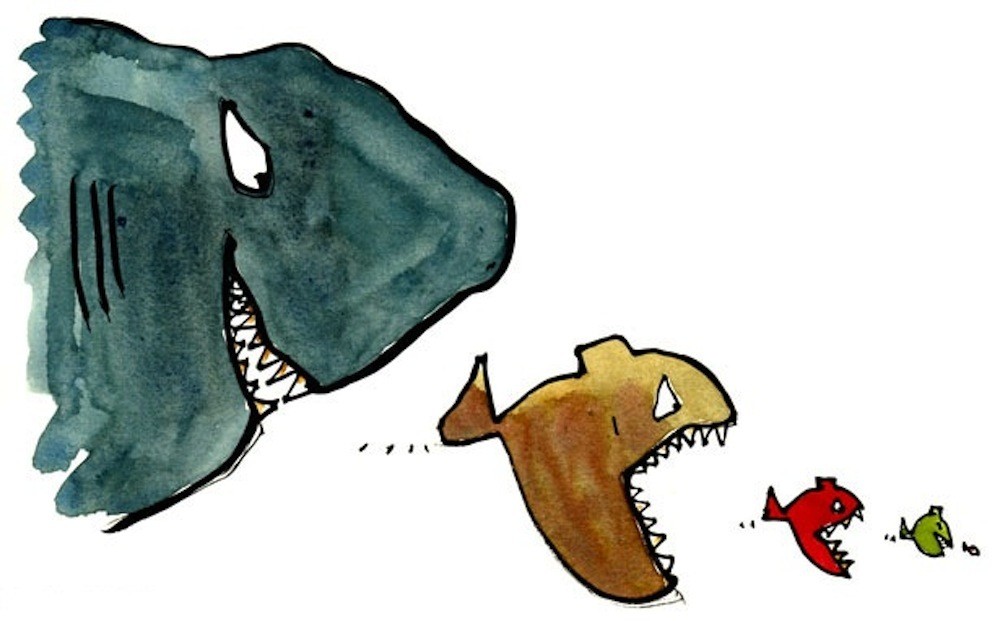
Today, I want to compare and contrast two theoretical valuation terms that, in my opinion, are a bit under-appreciated — Equity Value and Enterprise Value.
You’ve probably heard these terms or maybe even know exactly what they are. But bear with me – what starts out simple and theoretical gets more complicated and more real world in a hurry. Anyhow, this is important stuff that a lot of folks, and M&A professionals in particular, would do well to revisit.
Here goes:
Equity Value: Equity Value is the same as Market Value, and equals Shares Outstanding x Market Price. For private firms, there is no precise value for the equity other than valuations based on things like public comparables, DCF analyses, previous transactions, etc.
Enterprise Value: Enterprise Value is the total value of the capital in the company, regardless of whether it is debt or equity.
In short, Equity Value is the value of the company attributed to the shareholders, while Enterprise Value is the value of the company attributed by the capital providers (i.e., debt and equity). A common analogy for comparing Equity Value to Enterprise Value is buying a house. The purchase price of a house is like Equity Value, and the true price of ownership (including renovations, unforeseen repairs, etc.) is like Enterprise Value.
Say there was a company for sale with cash on the balance sheet but no debt. A buyer could pay Equity Value to buy all the shares and then keep the cash balance for itself. Therefore the total company value (or cost to the buyer) is Equity Value less cash.
Now say the company has debt but no cash. The buyer would pay equity value to buy all the shares, and then have to buy the debt to control all the capital of the company. Therefore, the total company value (or cost to the buyer) is equity value plus debt value. Adding these scenarios together equals Equity Value plus Debt less Cash, which is Enterprise Value.
Two companies can have the same earnings and have the same P/E multiple, hence the same theoretical market cap. But let’s say one has a lot more debt. The market might discount the market cap on the debt-burdened company by a little bit (since more debt equals more risk), but having, for example, an additional $50M in debt wouldn’t drive the market cap of that company down dollar for dollar by $50M. So the theoretical market caps of the two companies are the same, but the cost to acquire each one is going to be different. The Enterprise Value would be reflective of a purchase price that includes paying down all the debt and other obligations.
Got it?
Next time, more discussion about Equity and Enterprise Values and specifics on how to get from one to the other.
Posted by: Mory Watkins
